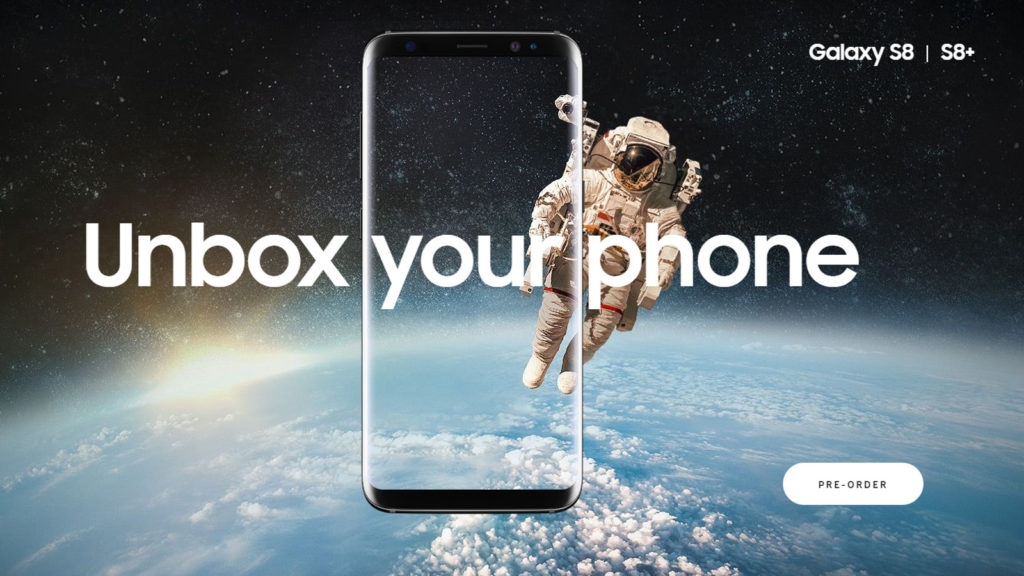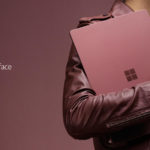With stablecoins gaining traction and regulation improving, African merchants may be nearing a crypto tipping point. Here’s why 2026 could mark a shift from hesitation to adoption.
Samsung Galaxy S8 launches in SA tomorrow, what do critics say?

Samsung’s latest high-end smartphones are released in South Africa tomorrow (5 May), making for quite an impression thanks to those super thin bezels.
However, the company has some stiff competition this year, thanks to LG’s G6 (review) and Huawei’s P10 range all bringing the goods. But what do critics think of the new phone?
Engadget
The tech publication gave the Galaxy S8 and S8+ a score of 91 and 92 respectively. But what did they think of it?
“For the most part, Samsung’s Galaxy S8 is a slam dunk. It’s brilliantly designed, brimming with horsepower and has a beautiful screen,” Engadget’s Chris Velazco noted, but added that Bixby felt far from complete.
“Bixby’s incompleteness is still annoying, as is the location of the fingerprint sensor, but the S8 Plus is still one of the most impressive packages we’ve ever seen.”
Velazco added that the year was still early, with Google and Apple expected to field strong contenders.
“But for now, if you’re looking for a new smartphone, the S8s should be at — or very close to — the top of your list.”
TechRadar
The company’s Gareth Beavis gave the phone four and a half stars out of five in his review, pointing to the tiny bezels, capable camera and general performance.
“Apart from the irritating performance of the biometrics and the high price, the Galaxy S8 is a phone that offers an exceptional experience for any user.”
The review slammed the fingerprint scanner location, saying you have to “shift the handset to an unnatural position in your palm” to hit the scanner. But the iris scanner also received criticism, with Beavis saying its performance was unpredictable and you’d often have to open your eyes as wide as you can to get authenticated.
As with Engadget, TechRadar also bemoaned the unfinished nature of Bixby. Otherwise, Beavis said it was “easily one of the best phones on the market”.
Trusted Reviews
Max Parker of Trusted Reviews calls the Galaxy S8 “easily the best phone around right now”, awarding it five out of five stars.
As for the downsides? Well, the fingerprint scanner’s location and Bixby are the only two disadvantages noted by Parker.
“Having such a big display and tiny bezel means there’s no room for the fingerprint-sensing home button to sit on the front. Instead, it’s on the back, next to the camera, and I hate it more every time I use it. First, it’s tiny, meaning those times I actually hit it, it doesn’t recognise my finger,” the reviewer wrote. He added that positioning was the real problem, saying it was easy to accidentally touch the camera and smudge the lens.
The fingerprint scanner location and Bixby are two main sticking points for Galaxy S8 reviewers thus far
Parker also expressed doubts about the phone’s durability after months of use, owing to the glass design.
In the camera department, Trusted Reviews says that the new phone is definitely a step up compared to last year’s model.
“The photos achieved by the Galaxy S8 are truly stunning, and it’s a huge jump from the already excellent Galaxy S7,” he wrote, noting the fast speed and focusing.
What about the battery then? Well, Trusted Reviews wasn’t very glowing, but noted that there were several ways to extend battery life.
The Verge
Dan Seifert gave the phones a nine out of 10, calling them “the best Android phones you can buy right now, with stunning displays, beautiful design, and great performance”.
Otherwise, Seifert noted that they weren’t perfect, pointing to the “terribly placed fingerprint scanner and only average battery life” as two major downers. In the case of the latter, the reviewer explained that there wasn’t much of a change compared to 2016’s phones.
Seifert differed from Trusted Reviews when it came to the camera, saying that the “differences between this year’s camera and last year’s are negligible at best”. But he added that the S8 camera was still capable of “taking tremendous images” in all conditions.

